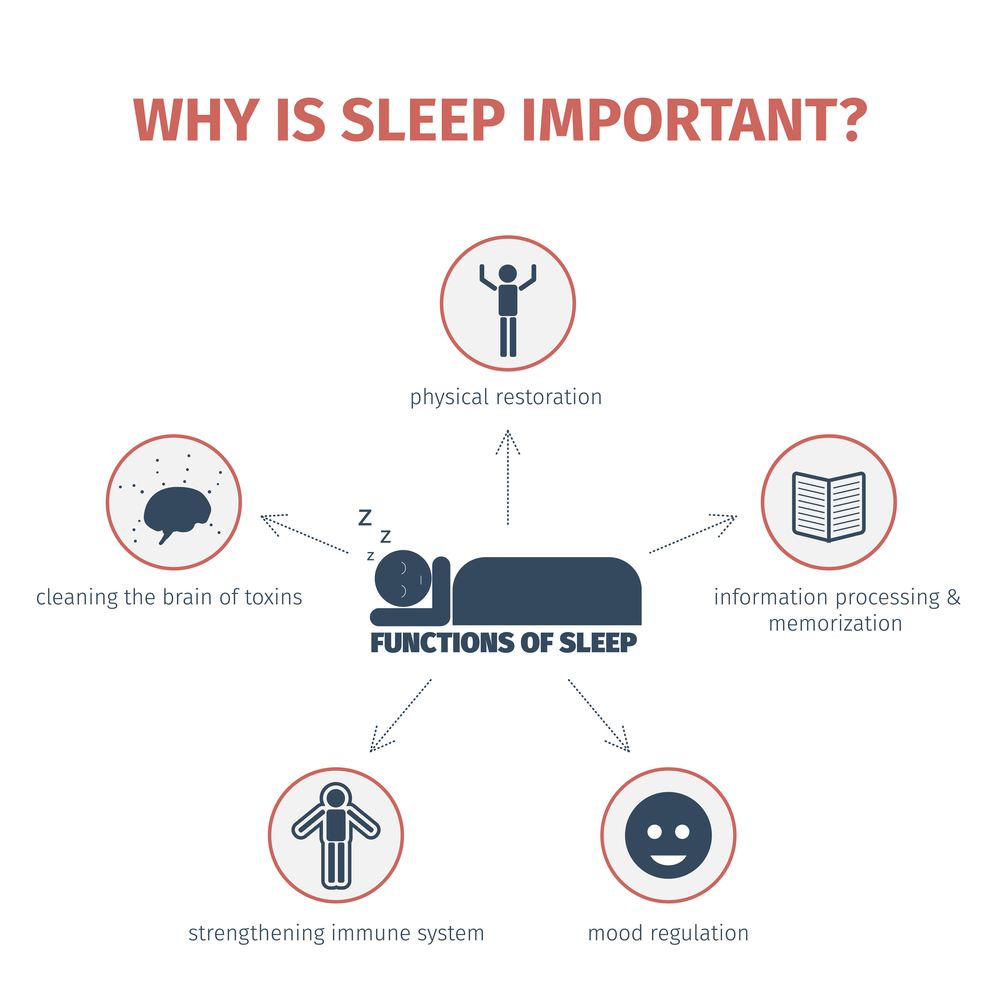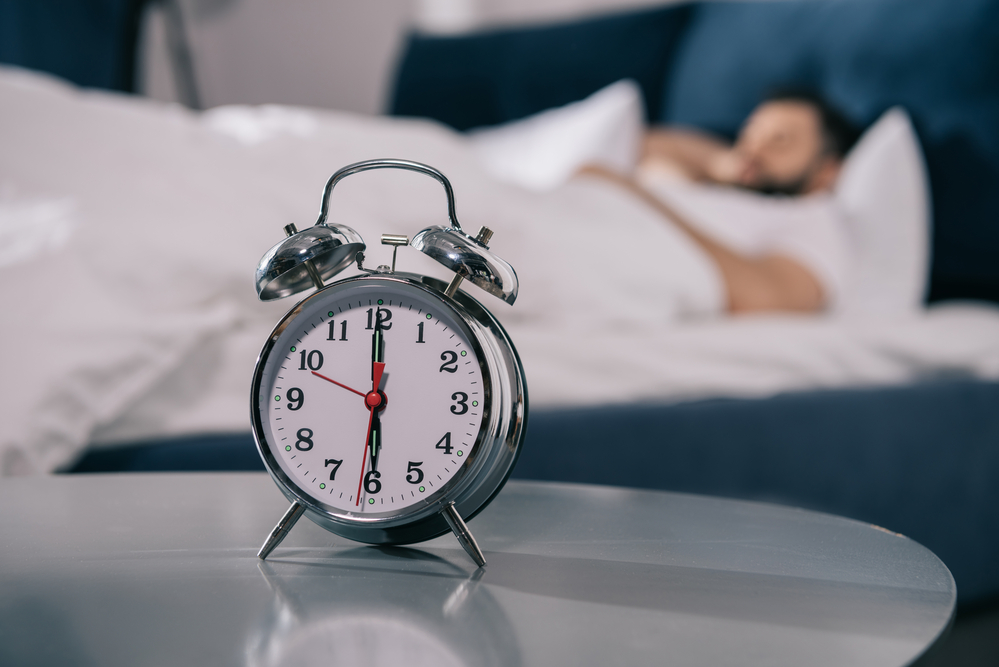Have you ever wondered how sleep disorders and the brain go together? When you think about it, it makes sense that there is a connection between the two. For instance, sleep disorders are a type of medical condition where a person has issues with the timing, quality, and amount of sleep someone gets.
On average, an adult needs around seven to nine hours of sleep each night to feel fully rested. If someone isn’t getting that proper sleep, it can cause several health problems. The brain has a part in all of this, which we’ll explain below.
What Does the Brain Have to Do With Sleep?
The brain is filled with all sorts of chemicals. The chemicals send out signals that affect how active the other cells in your body are. We refer to these chemicals as neurotransmitters and they can affect how tired or awake someone feels.
For instance, when you settle down in bed at night, the brain should send out chemicals that make you more relaxed.
The Benefits of Sufficient Sleep
 There has been tons of research on the benefits of getting adequate sleep at night. The research shows that getting good sleep will help people with the following things:
There has been tons of research on the benefits of getting adequate sleep at night. The research shows that getting good sleep will help people with the following things:
- Clearing toxins from the brain cells
- Preserving memories
- Regulating hormone production
- Improving learning
- Repairing tissue damage
- Maintaining control over emotions and behavior
Common Risks of Getting Inadequate Amounts of Sleep
Studies show that people who do not receive enough sleep can experience several issues. When you aren’t getting sufficient sleep, it can cause many health problems. In addition, it can harm how you go through your daily activities.
Some people who do not get enough sleep experience a weakened immune system. They are also at an increased risk of experiencing diabetes, depression, and obesity. Those who don’t sleep enough are also more likely to have conflicts in their relationships. It can also cause problems with behavior, emotions, and learning.
In addition, it’s commonly believed that being drowsy causes accidents in the workplace and traffic.
What Are the Most Common Sleep Disorders?
Several sleep disorders are considered common. The first is insomnia, which is a disorder that makes it challenging to stay asleep or fall asleep. Narcolepsy is another condition that causes sudden attacks of sleep and persistent drowsiness. The third is obstructive sleep apnea, which is when the airway is blocked while sleeping.
Two additional sleep disorders are common among adults. Parasomnias refer to strange behavior someone may have while sleeping. This could be sleep paralysis, sleepwalking, or talking in sleep. Another sleep disorder is restless leg syndrome, which is the persistent urge to move the legs at night.
Choose the Arizona Institute of Neurology & Polysomnography
Are you searching for a solution to your sleep problems? Whether you are dealing with sleep disorders, dementia, or pain disorders, the Arizona Institute of Neurology & Polysomnography can help. Dr. Habib Khan offers evidence-based treatments. Get in touch today to learn more and book an appointment.



